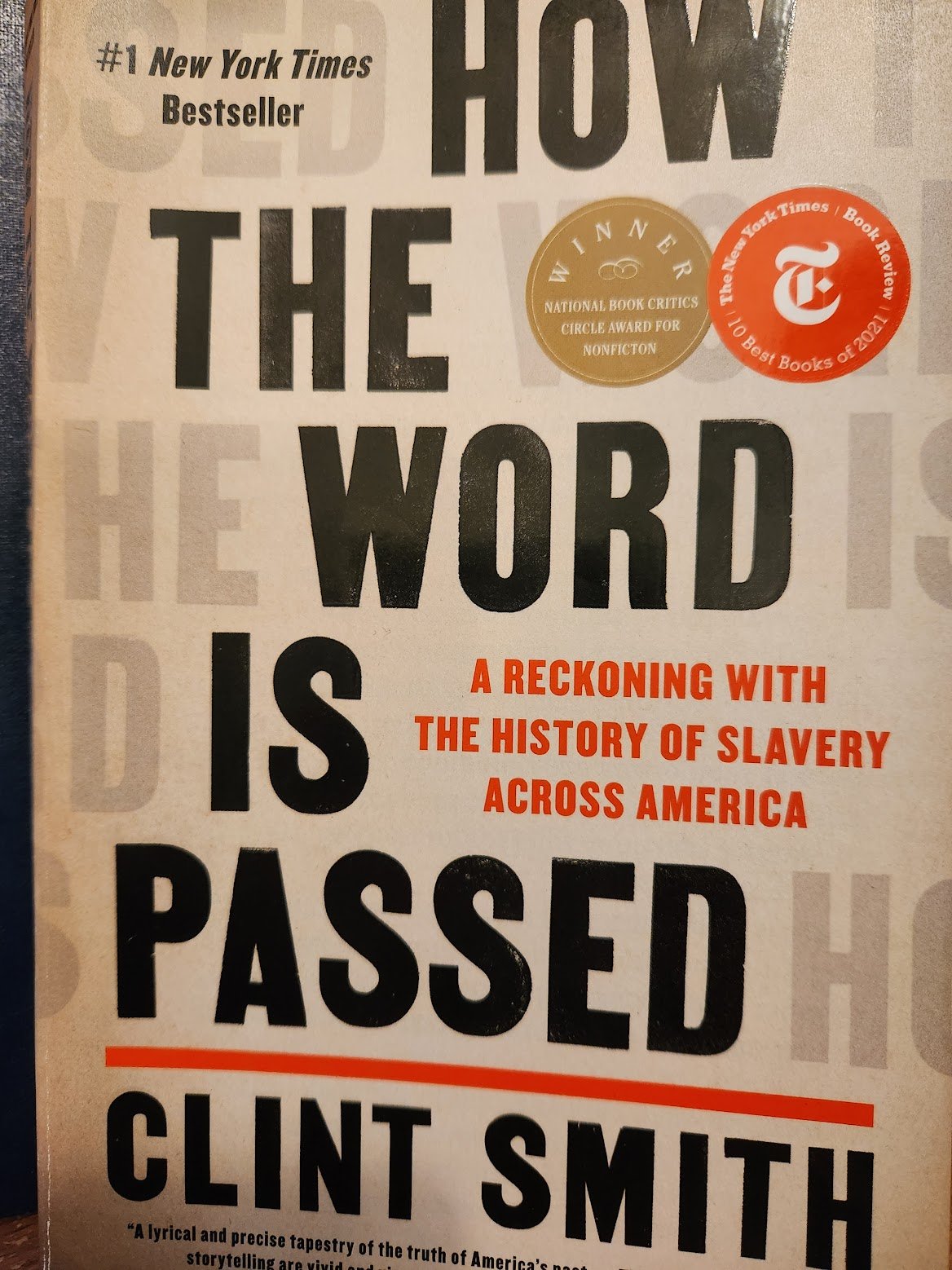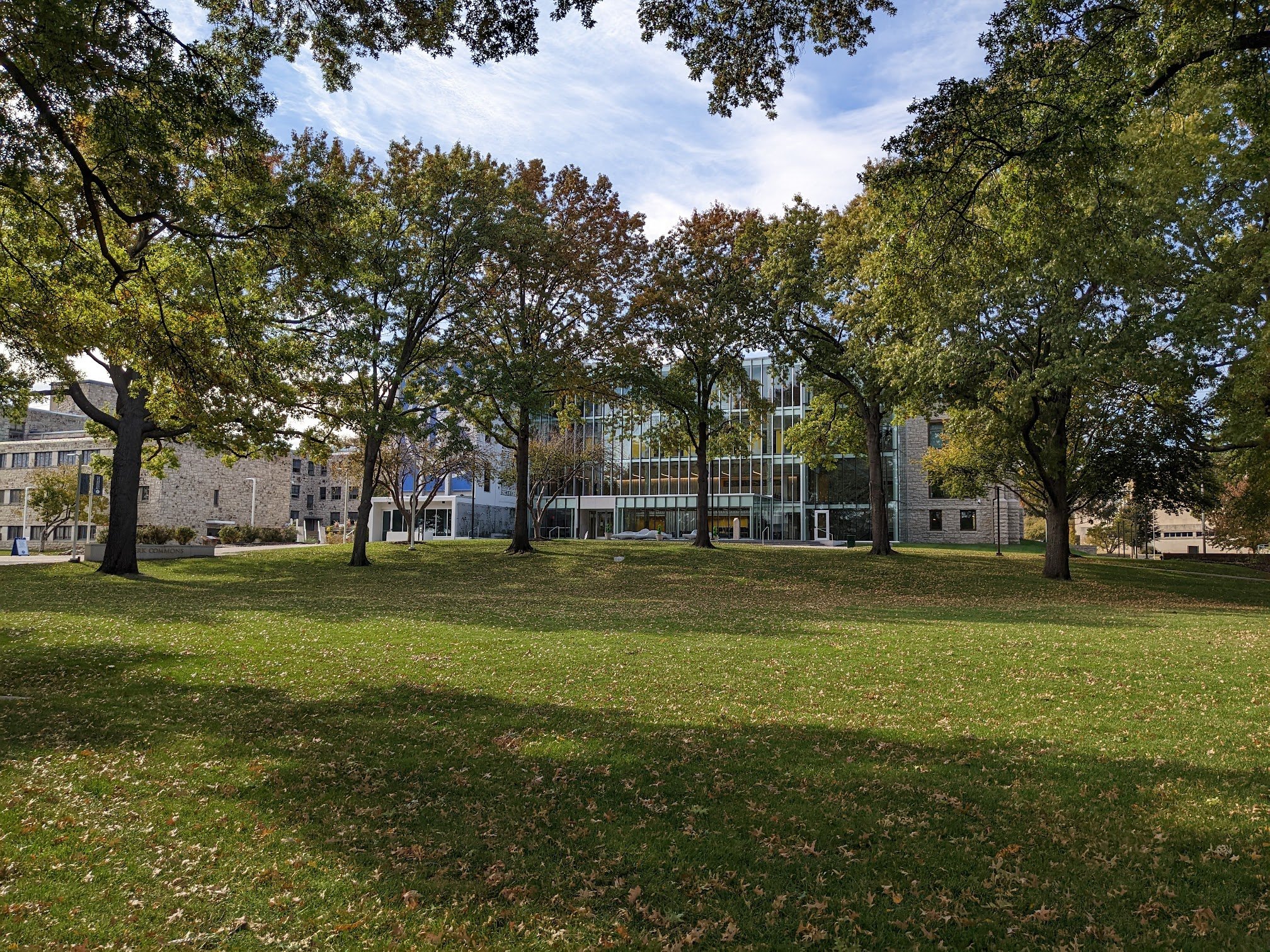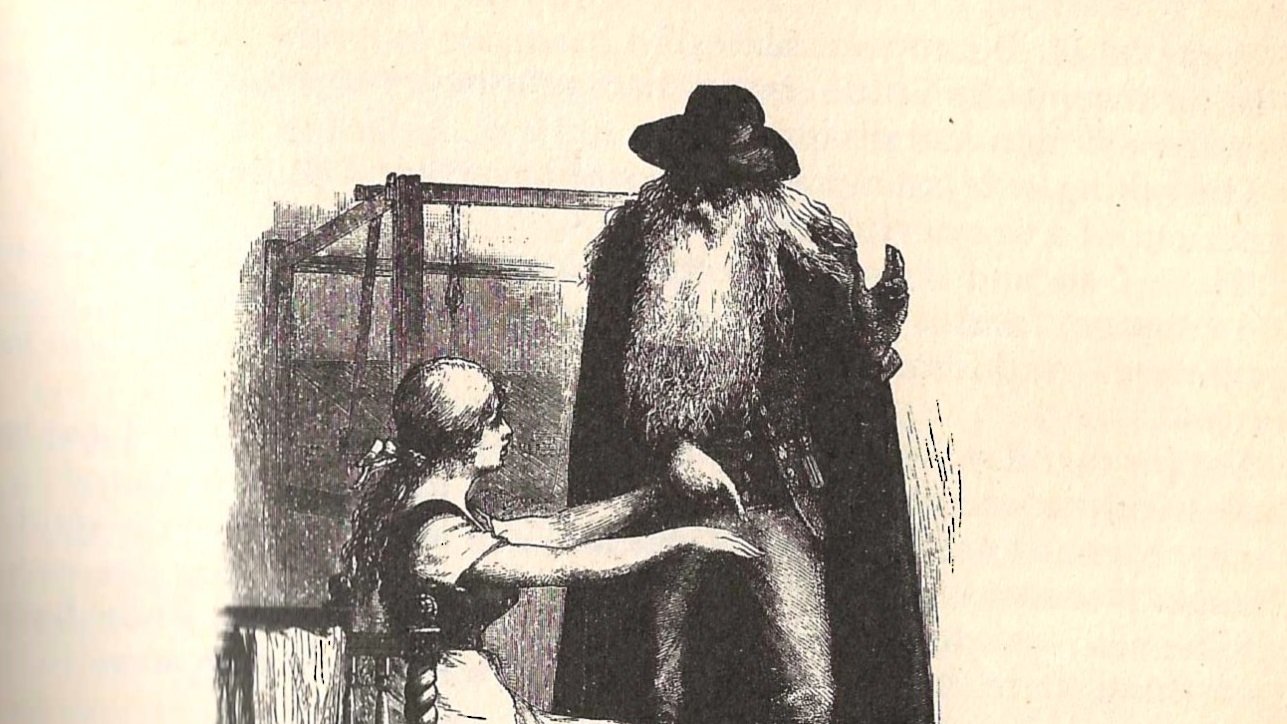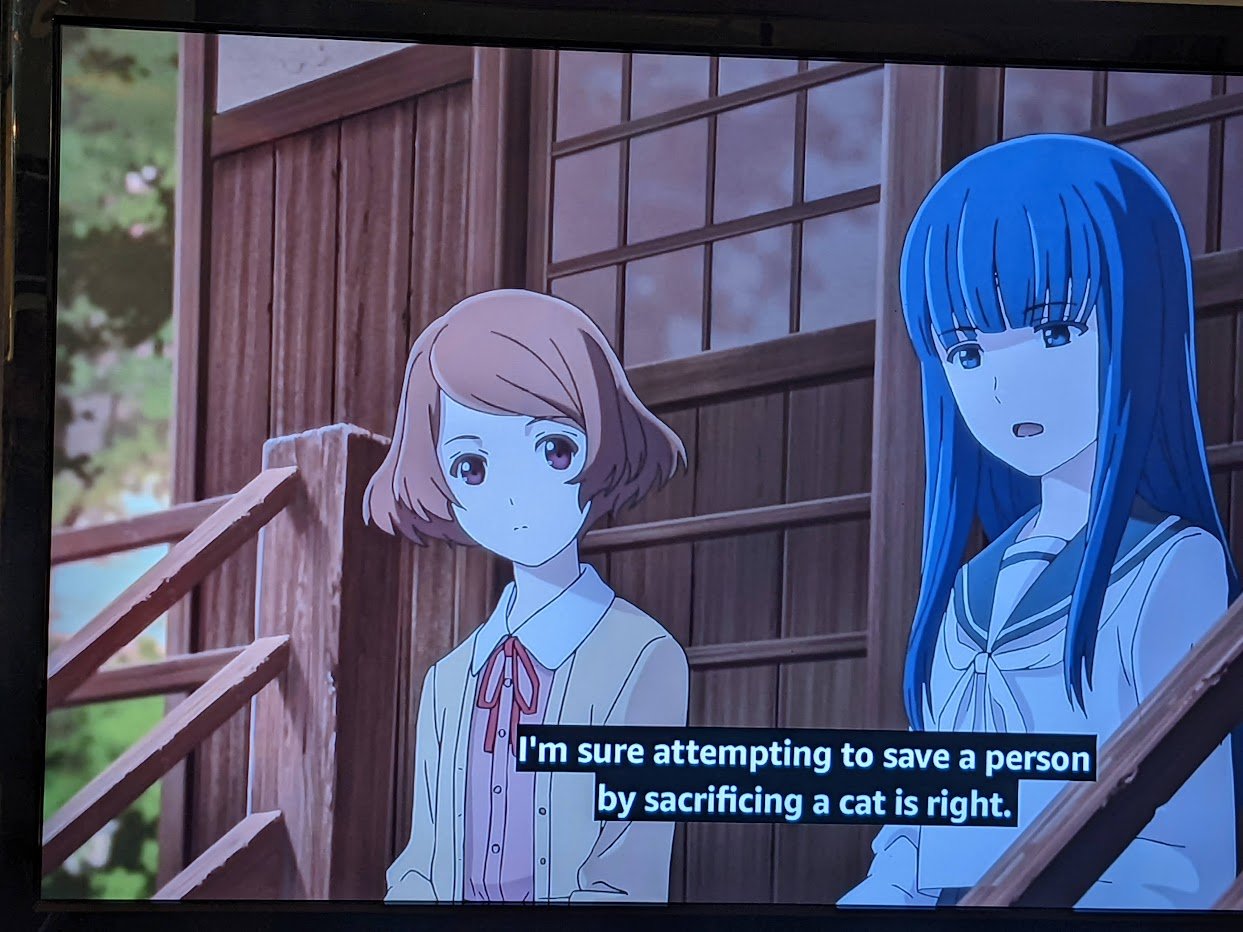
Luigi Giussani and apologetics, a personal reflection
In his book, A History of Apologetics (published in 2018), Avery Dulles describes Luigi Giussani’s per corso trilogy as follows:
”For a highly pastoral work reflecting the classical three-stage approach, one may consult Luigi Giussani's trilogy: The Religious Sense, At the Origin of the Christian Claim, and Why the Church? Departing from the scientific methods of metaphysics and history, Giussani uses an experiential and phenomenological approach reminiscent of Augustine and Pascal.”

Reading in progress: Chapter 1 & 2 of Unintended Reformation by Brad S. Gregory
Wow, this book is flying by! I attribute this to having read the book a few years back, but also to having a better sense of the figures and ideas. The one thing that accompanies me as I read is T. S. Eliot’s question in Choruses from “The Rock”: “Has the Church failed mankind, or has mankind failed the Church?” […] I imagine two types of superficial reader of this book: 1. Catholics, who would see it as a confirmation of their position and therefore with no need to change anything, and 2. everybody else, who would see it as best as an account of how things came to be without any hope of resolving our current issues.

Review: How the Word Is Passed: A Reckoning with the History of Slavery Across America by Clint Smith
When I was about 21, I visited Harper’s Ferry, West Virginia. I was working with L’Arche, DC, at the time and was encouraged to take a weekend off, away from the community. I asked around and someone suggested that that Harper’s Ferry would be a good place to visit. I packed a bag and caught a train down for the weekend. The train arrives in the town through a mountain tunnel and a bridge which crosses over the Potomac river, which comes together with the Shenandoah river at the town.

Reading in progress: Introduction to Unintended Reformation by Brad S. Gregory
As I grapple with history, I feel the need to get a broader perspective. I am returning to a book I read a few years ago to help myself with this broader perspective. The book is Brad S. Gregory’s The Unintended Reformation: How a Religious Revolution Secularized Society. I originally read this book because it was recommended by Michael Sean Winters, a nuanced thinker. I borrowed it from a library when I first read it but decided to buy it to read it again. What I love most about this book is its goal of exploring and understanding what happened, and not merely to push answers.
Faithfulness to my own history
I pulled these sections from a longer post because they are a positive expression of my background with social justice issues as a Catholic.

Communion & Liberation’s 1968 and my own history
Just as the integralists have the French Revolution of 1789 as their historical symbol, so too does CL take 1968 as a symbolic watershed. Although I participated in CL for 20 years, my own history was not wounded as Giussani was by a rejection of history or a felt need to distance from social Catholicism.

The human heart, neurodiversity (ADHD), and desire
Aristotle expressed the fundamental human desire as a desire for happiness, and others have expressed it differently over the years. It occurred to me that whether a person is interest-driven [ADHD] or importance-driven [neurotypical] can impact their relationship with this core desire.

ADHD: beyond success and normality
Besides picking up a recommendation to read Mary Robinson, I also learned the word cripistemology. Apparently, cripistemology comes from disability studies and is a portmanteau coining of “crip” and “epistemology.” [ADHD rabbit hole]

Urgency, necessity, and the fairy tale of ‘The Ten Fairy Servants’: an ADHD story
As I look back on my life from the perspective of a late-life ADHD diagnosis, certain experiences stand out. One of these experiences is the eureka I felt when reading the Scandinavian fairy tale, “The Ten Fairy Servants” […] When I first read this story, I saw it as expressing the surprising feeling of finding something easier to do when I learn that it is urgent or necessary.

Luigi Giussani and Integralism
TL;DR: Was Giussani an integralist? Mostly not. Giussani embraced democracy and pluralism. He did, however, see unified Christians as fundamental to a flourishing democracy, rejected relativism, and did not seem to share the repugnance for integralism that Hans Urs von Balthasar had.

A Personal View of the ICNUP Framework for ADHD
One of the things I’ve come across recently is Dr. William Dodson’s ICNUP Framework (see part 1 of this video called The Interest Based Nervous System). In this video, Dr. Dodson says that “Boredom and lack of engagement is almost physically painful to people with an ADHD nervous system.”

Reading Challenges of an English Major with ADHD
In a previous post, I wrote that “What I was told as a child was that ADHD caused a deficiency in attention, but in reality my attention follows my interest.” This is mostly true, but it conceals the fact that interests which are too taxing can become less interesting to me.

A 45-year Hiatus in ADHD: from Screening to Adult Diagnosis
When I was in 5th grade [1977-1978], I took a screening test for ADHD. The screening consisted in listening to a tape of a story with tones or beats in the background. The instruction was to keep track of how many beats were heard. […] If I recall correctly, the story was a pointless story about a monkey and maybe a tree. …


Luigi Giussani and US Funding
TL;DR Did CL get financing from the US government? Not directly, but Giussani recommended funds to support the Popular Movement and media initiatives run by people in Communion and Liberation

Charism succession in Communion and Liberation:1992; 2005
Giussani spoke of ‘uninterrupted following’ a ‘line of references’ for a ‘true interpretation’ of the charism in February 1992

The mistake of charism succession in Communion and Liberation
“‘charism succession’ … is seriously contrary to the teachings of the Church.“ This idea shows up in Communion and Liberation book Generating Traces by Javier Prades, Stefano Alberto, and Luigi Giussani

Anime and things hidden (spoilers)
Some incomplete thoughts on René Girard and anime treatment of sacrifice, rivalry, and mimetic desire.

Build a robust data model from a data warehouse: presentation outline
build a robust data model in Power BI using a data warehouse presentation outline

Some quotes about charisms
I’ve collected here several quotes about charisms in the Catholic Church…